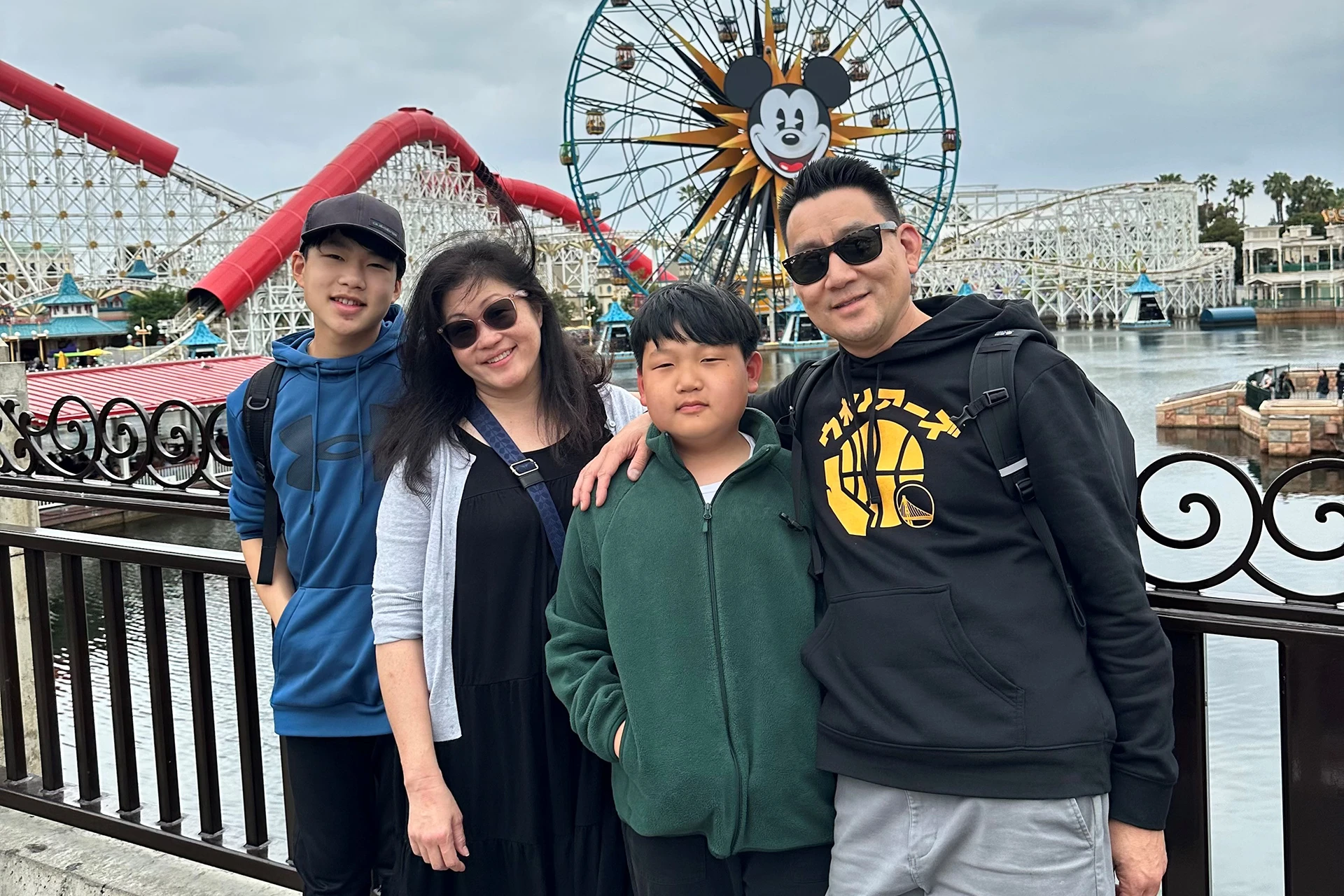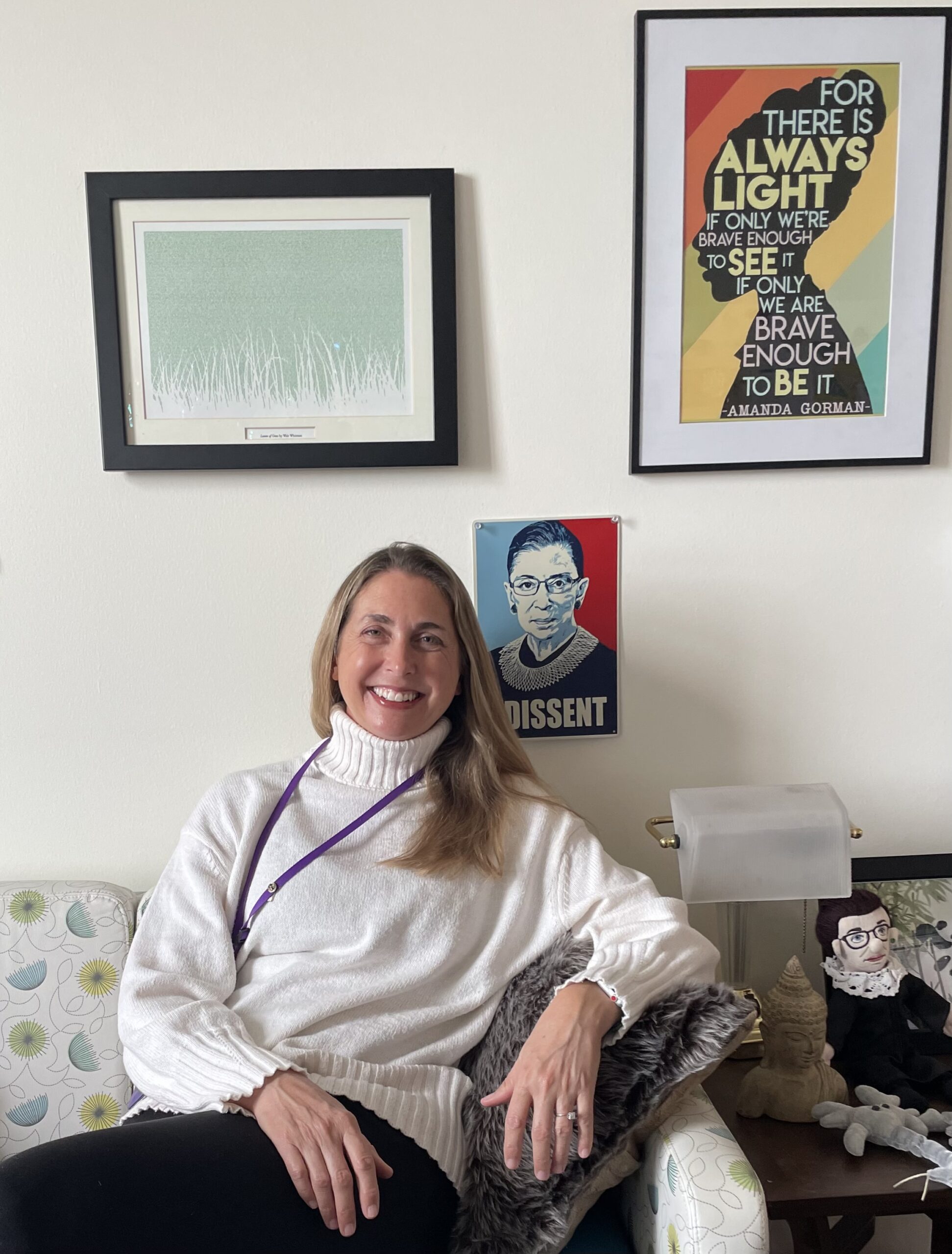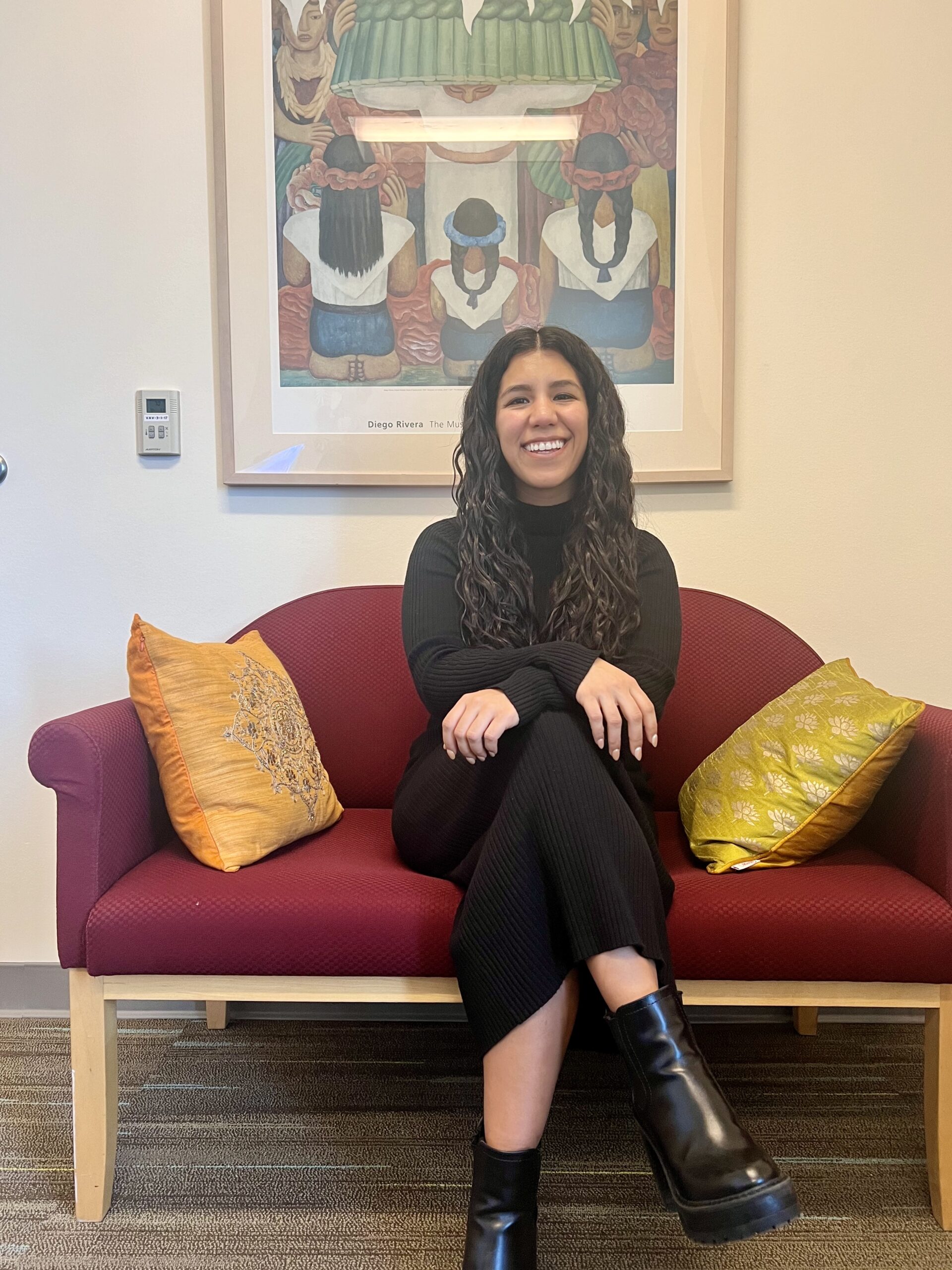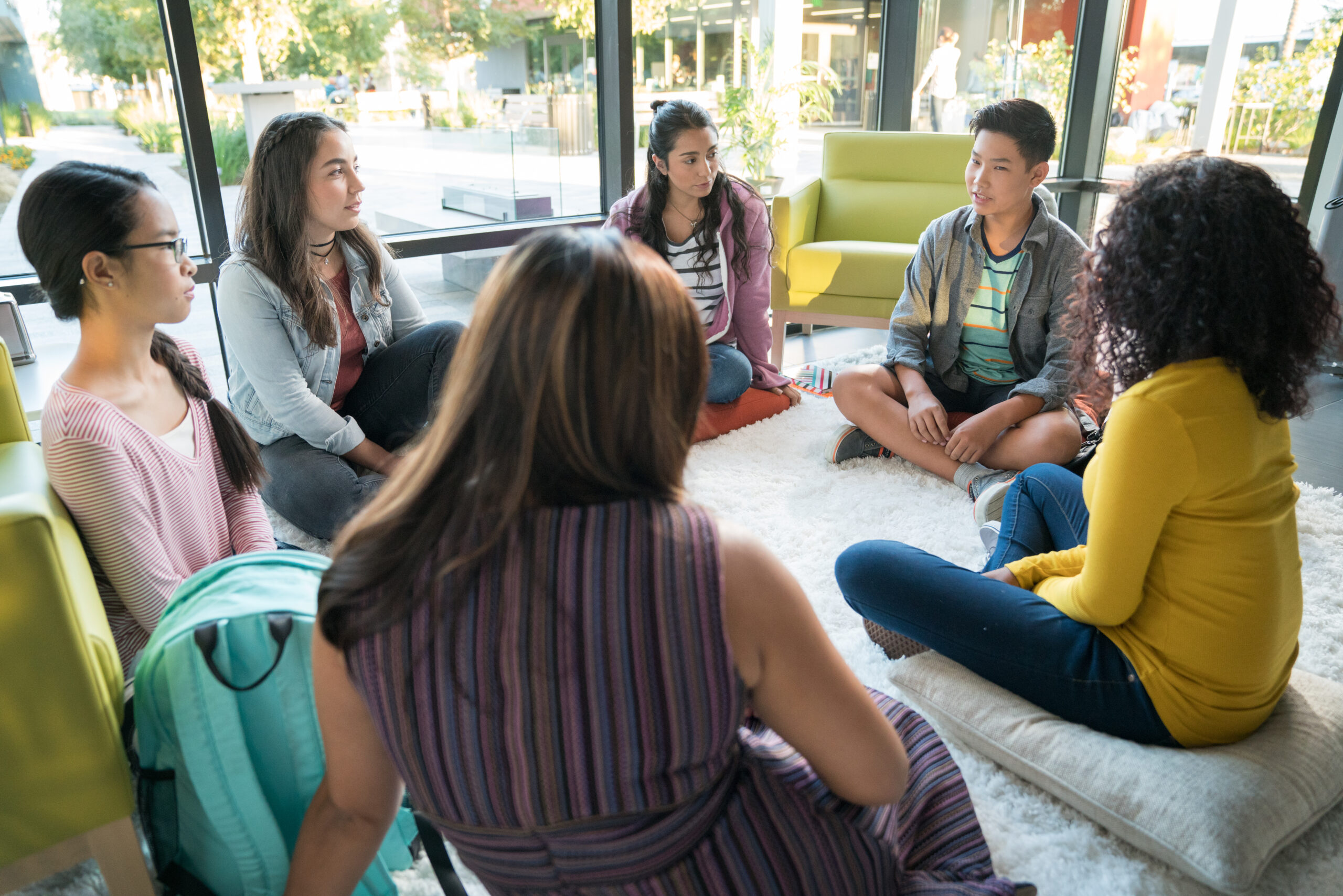The NCAL Kaiser Mental Health Training Program is very excited to highlight the fabulous work of Anna K. Morita, Psy.D. (she/her). Dr. Morita is the Training Director of the Northern California Neuropsychology Training Consortium, as well as a manager and clinical neuropsychologist at the Kaiser Foundation Rehabilitation Center in Vallejo. Dr. Morita started her neuropsychology journey with Kaiser as a postdoctoral resident in the fall of 2002, becoming the first two-year post-doctoral resident in Vallejo. She began working as a full-time neuropsychologist in Vallejo in 2004, became the site Training Director in 2005, and moved on to become the NCAL Neuropsychology Resident Training Director in 2018. During her tenure, Dr. Morita started a neuropsychology practicum training program in Vallejo and expanded the neuropsychology two-year residency program.
Dr. Morita reported that her interest and passion in mental health always “came naturally” for her. While at UCLA for her undergraduate degree, she was drawn to doing volunteer work in counseling and crisis intervention. Dr. Morita revealed that she had a career in banking at one time but was encouraged to return to graduate school to fulfill her life passion in mental health. She commented that never felt like she had to be motivated to study in school because she was truly interested in learning the coursework. As a clinician, Dr, Morita loves working with patients and being part of their recovery journey from a life-changing event such as stroke, brain injury, or spinal cord injury. As a supervisor, she enjoys helping trainees find their professional identity and develop their career goals. She stated, “I love witnessing their confidence grow as things start to ‘click’ and ‘make sense’”. Dr. Morita wants her trainees to feel proud of their work, feel confident in their skills, and identify areas of interest that will help them stand out when it comes to applying for internships or jobs/careers. She acknowledges that working with trainees “makes me a better clinician”, and she appreciates the opportunity to stay on top of literature and sharpen her clinical skills.
Dr. Morita enjoys her unique role in neurorehabilitation, which enables her to spend time getting to know her patients, their caregivers, and their families. She stated, “For the most part, I get to witness patients get better. On the rare times when they may not get better, I am given the privilege of comforting them, helping them, and holding their hand”.
Contributed by Chelsea Vilinskas, Psy.D.





